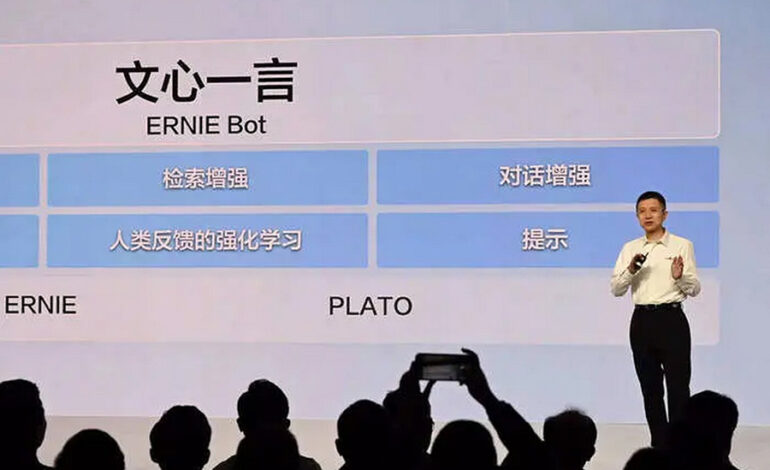China’s Pursuit of Brain-Computer Interfaces: A Challenge to Neuralink

China has unveiled ambitious plans to develop its own brain-computer products by 2025, signaling its determination to venture into the realm of brain-computer interfaces (BCIs). The Ministry of Industry and Information Technology (MIIT) recently published a policy document outlining its vision to accelerate progress in cutting-edge technologies, including brain-computer fusion akin to Elon Musk’s Neuralink implant.
Ambitious Technological Leap
The MIIT’s policy document sets forth a comprehensive strategy aimed at achieving breakthroughs in numerous technological domains, with a particular emphasis on brain-computer interfaces. The plan entails the development of brain-like chips, neural models for brain computing, and user-friendly brain-computer interface products. These endeavors are envisioned to find applications in diverse fields such as medical rehabilitation, autonomous driving, and virtual reality.
Tech Advancement Agenda
In addition to brain-computer interfaces, China is fervently pursuing advancements in other critical technological domains. The MIIT’s agenda includes expediting progress in GPU chips and intensifying research and development efforts in quantum computing. By 2027, China aspires to emerge as a global frontrunner in these pivotal areas, marking a significant stride towards technological leadership on the world stage.
Rivaling Neuralink
While China’s ambitions in brain-computer interface technology are gaining momentum, Elon Musk’s Neuralink has also been making significant strides. Neuralink recently announced the successful implantation of its brain implant in a human patient, following regulatory approval for human trials. The race to develop groundbreaking brain-computer interface technology is intensifying, with both Chinese and Western entities vying for supremacy in this burgeoning field.
Strides in Brain-Computer Interface Research
China’s pursuit of brain-computer interfaces is bolstered by notable research endeavors and technological innovations in recent years. Projects such as the “Brain Talker” chip, developed in collaboration with the China Electronics Corporation, exemplify China’s commitment to advancing BCIs. Moreover, the establishment of dedicated research labs and the development of innovative devices like the SprialE brain-computer interface underscore China’s strides in this domain.
A Strategic Technological Roadmap
The unveiling of China’s ambitious tech policy comes on the heels of its roadmap to mass-produce humanoid robots by 2025, further emphasizing the nation’s commitment to technological innovation and leadership. As China continues to bolster its efforts in cutting-edge technologies, particularly in brain-computer interfaces, the global tech landscape is poised for heightened competition and innovation, with implications for various sectors and industries worldwide.







